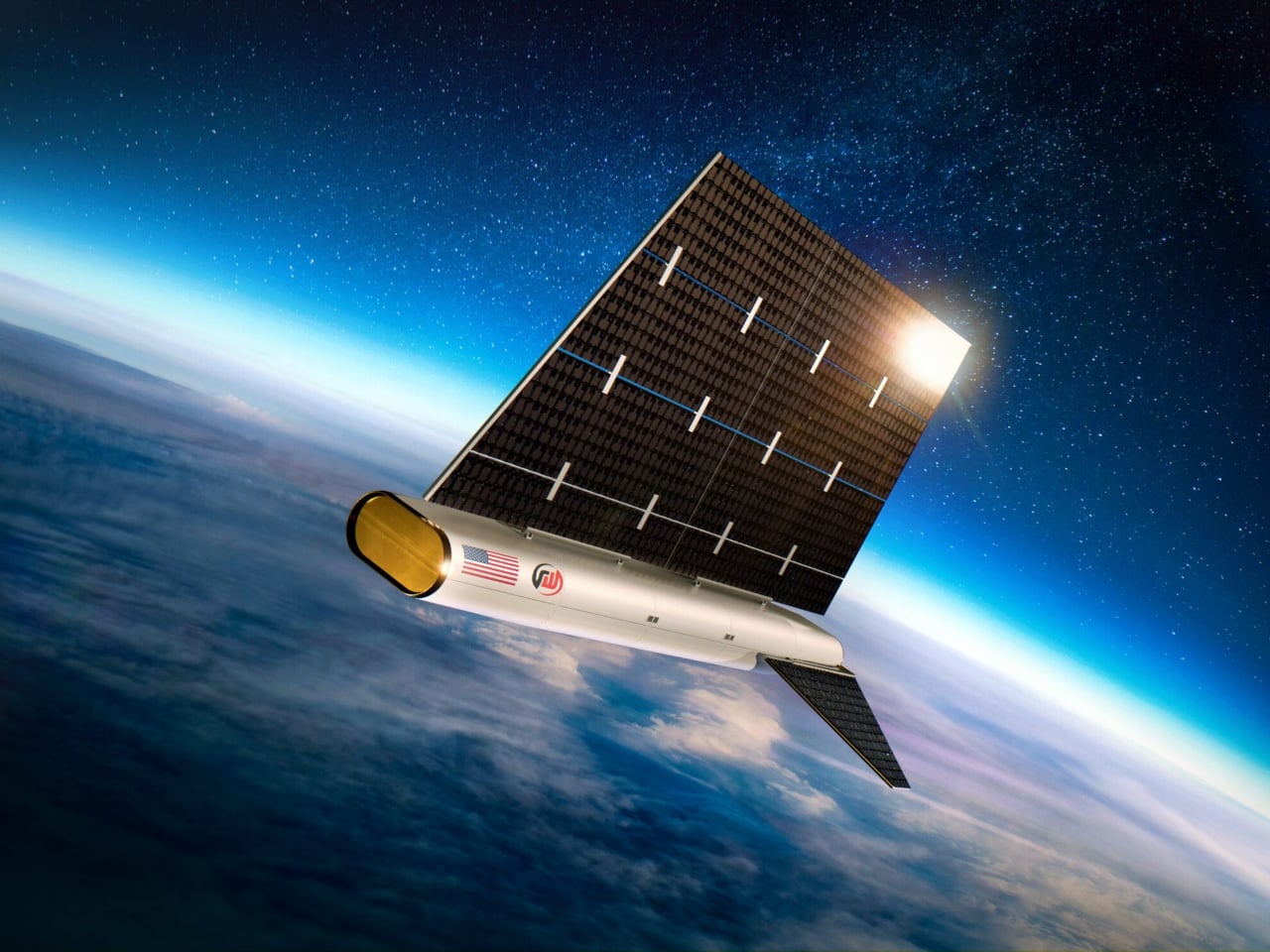
"Most satellites avoid very low Earth orbit because the atmosphere is still thick enough to drag them down in days or weeks without constant propulsion. That said, Very Low Earth Orbit (VLEO) satellites offer sharper imagery with smaller optics and lower latency for communications if you can survive there. Redwire's SabreSat is a satellite designed to live in that zone on purpose, using the air that normally kills spacecraft as part of its propulsion strategy."
"SabreSat is Redwire's VLEO-optimized satellite bus, chosen by DARPA for its OTTER program to demonstrate sustained operations in very low orbit. The platform is modular and built for Earth observation and atmospheric sensing, but its most interesting option is an air-breathing propulsion system that literally inhales thin air, ionizes it, and throws it out the back as thrust instead of relying on stored propellant alone."
"The overall shape from the renders looks more like a glider or flying wing than a cube with panels. A long, rounded fuselage with an oval nose, a huge vertical solar sail rising from the top, and two canted tail fins on each side. It has a clear nose, body, and tail rather than a generic bus, which makes sense for a spacecraft that has to fly through fluid instead of coasting in a vacuum."
Very Low Earth Orbit presents high atmospheric drag that typically requires constant propulsion, but offers sharper imagery and lower communications latency. SabreSat is a VLEO-optimized modular satellite bus selected by DARPA's OTTER program to demonstrate sustained operations in very low orbit. The platform supports Earth observation and atmospheric sensing and can use an air-breathing propulsion concept that inhales and ionizes thin atmospheric gas to produce thrust rather than relying solely on stored propellant. The design resembles a glider with a rounded fuselage, large vertical solar sail that doubles as an aerodynamic stabilizer, and canted tail fins to reduce drag and funnel intake flow.
Read at Yanko Design - Modern Industrial Design News
Unable to calculate read time
Collection
[
|
...
]